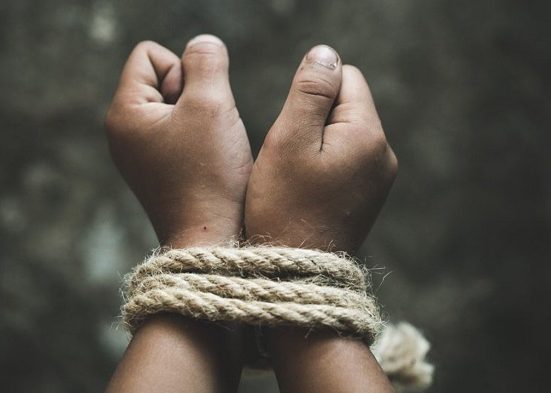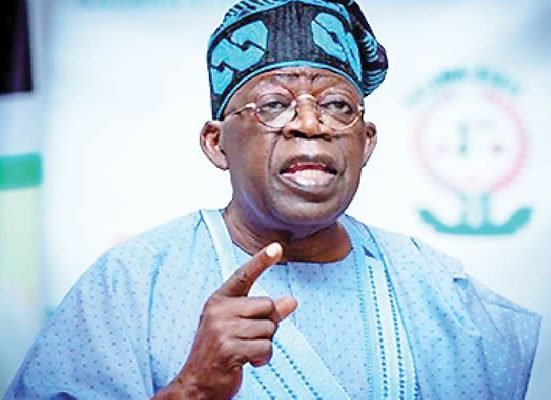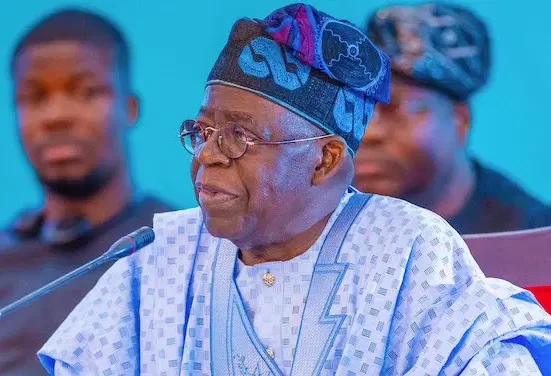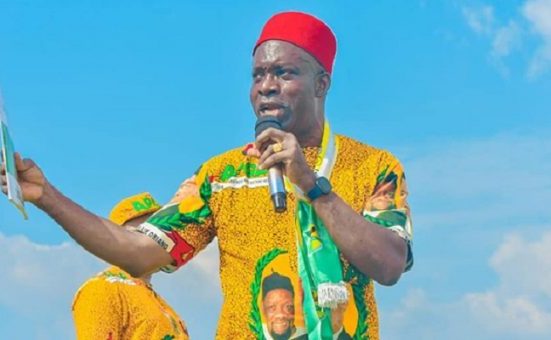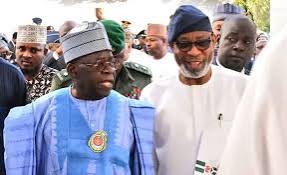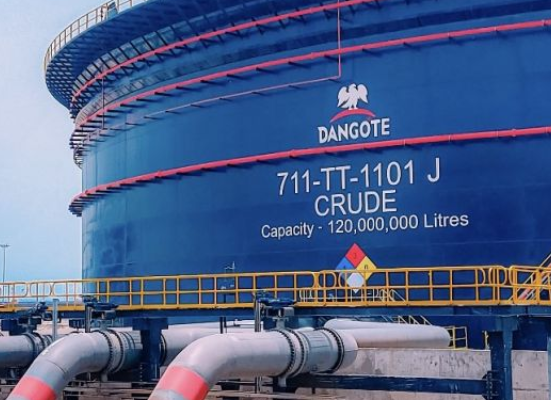The World Bank is expected to approve $1.13 billion in loans for Nigeria by the end of March 2025. These funds are allocated to support various critical reforms and initiatives aimed at boosting the nation’s economic resilience, health systems, and education sector. Three major projects are currently in the negotiation phase, with approvals anticipated this month.
- Accelerating Nutrition Results in Nigeria 2.0: This $80 million program focuses on improving nutrition among vulnerable populations. The project aims to enhance access to essential dietary resources and reduce malnutrition rates. Approval for this initiative is expected by March 31, 2025.
- Community Action for Resilience and Economic Stimulus Programme: Valued at $500 million, this project is designed to drive economic recovery by empowering community-driven initiatives. It aims to enhance economic resilience and stimulate growth. The expected approval date is March 24, 2025.
- HOPE for Quality Basic Education for All: With proposed funding of $552.2 million, this program focuses on upgrading the basic education system. Its objectives include improving infrastructure, enhancing teacher training, and increasing accessibility to quality education. Approval is anticipated by March 31, 2025.
These loans come at a time when Nigeria is grappling with severe economic challenges, including fiscal deficits, foreign exchange liquidity constraints, and rising debt servicing obligations. Data reveals that Nigeria’s debt to the World Bank’s International Development Association (IDA) remains significant, accounting for $16.84 billion as of December 2024, which represents 39.14% of the country’s total external debt.
Despite concerns about Nigeria’s increasing reliance on multilateral funding, the country has witnessed a steady rise in financial commitments from the World Bank in recent years. For example:
- In 2023, $2.7 billion was approved for projects in renewable energy, women’s empowerment, and the power sector.
- In 2024, $4.32 billion was allocated for structural reforms and economic stability.
- For 2025, an additional $2.23 billion in loans is being negotiated for sectors such as healthcare, education, and digital infrastructure.
While these loans are expected to bring much-needed fiscal relief, questions persist regarding Nigeria’s rising public debt and the strain it places on the nation’s reserves. The Federal Government has, however, signaled a strategic shift towards alternative funding sources, including improved revenue generation, concessional loans, and private sector investments. Finance Minister Wale Edun emphasized this approach, noting the government’s intent to reduce reliance on high-cost commercial borrowing.
In summary, the anticipated World Bank loans represent both an opportunity and a challenge for Nigeria. While they could bolster economic stability and development, they also underscore the urgent need for sustainable debt management and financial reform strategies.


